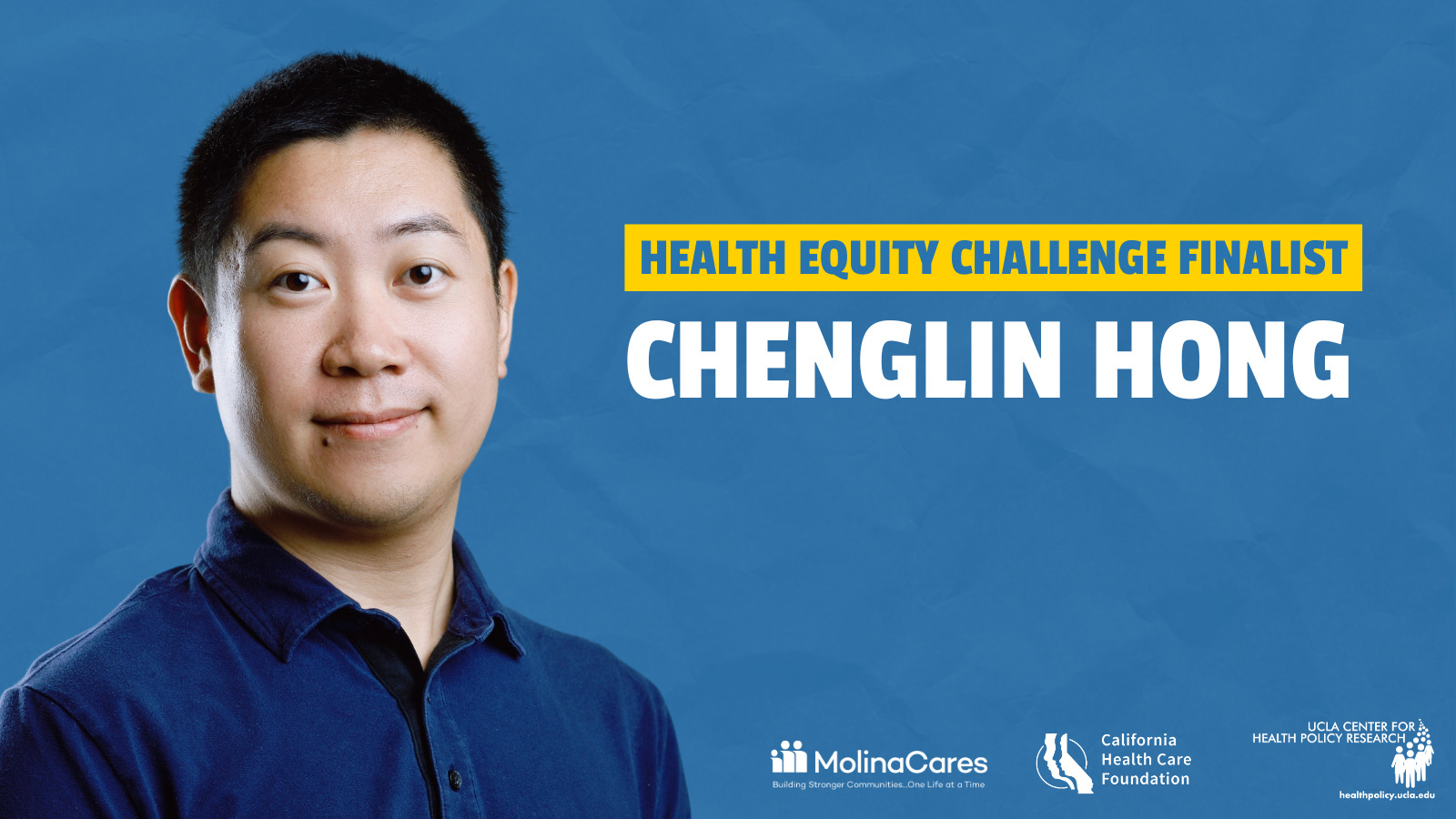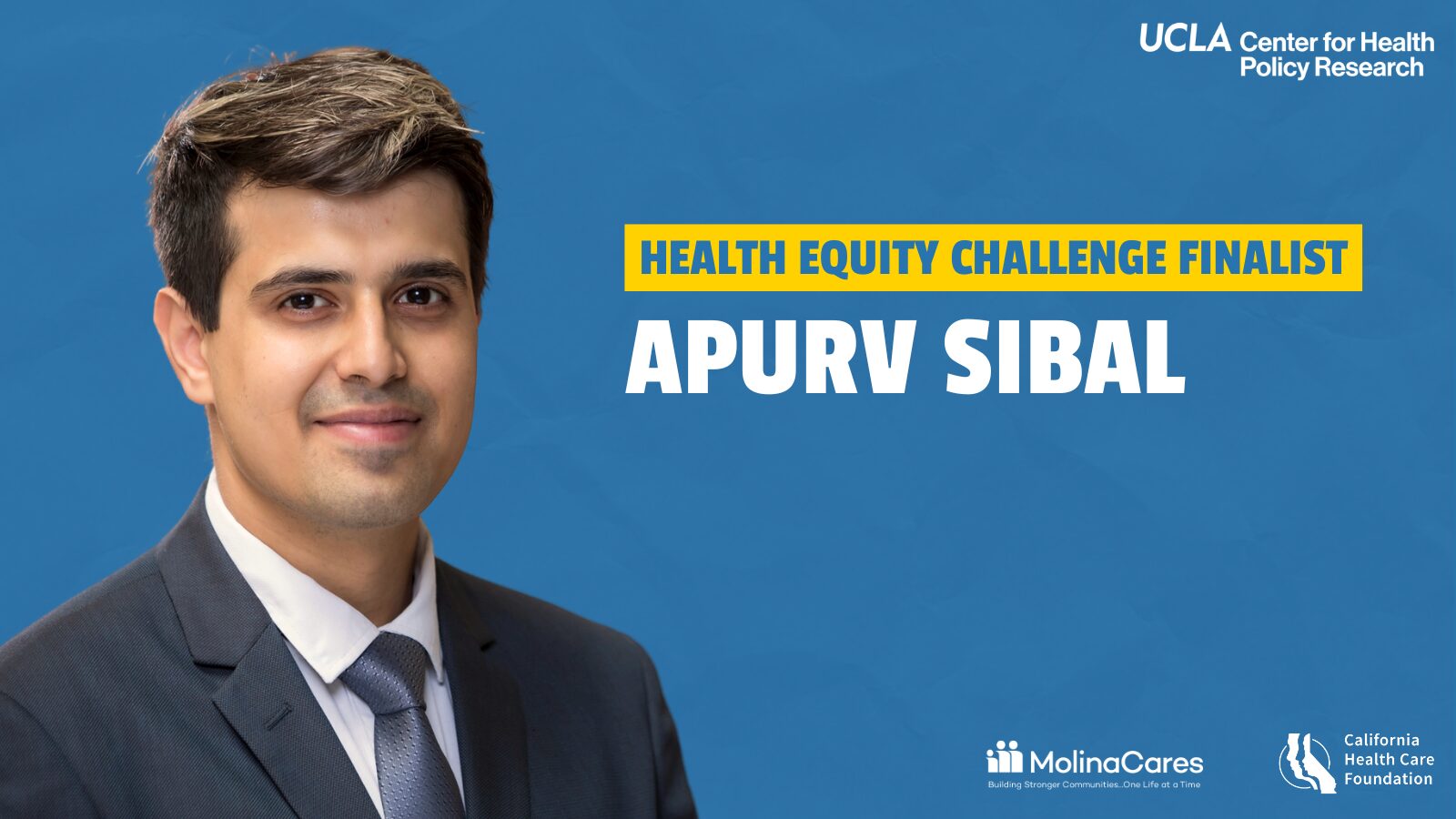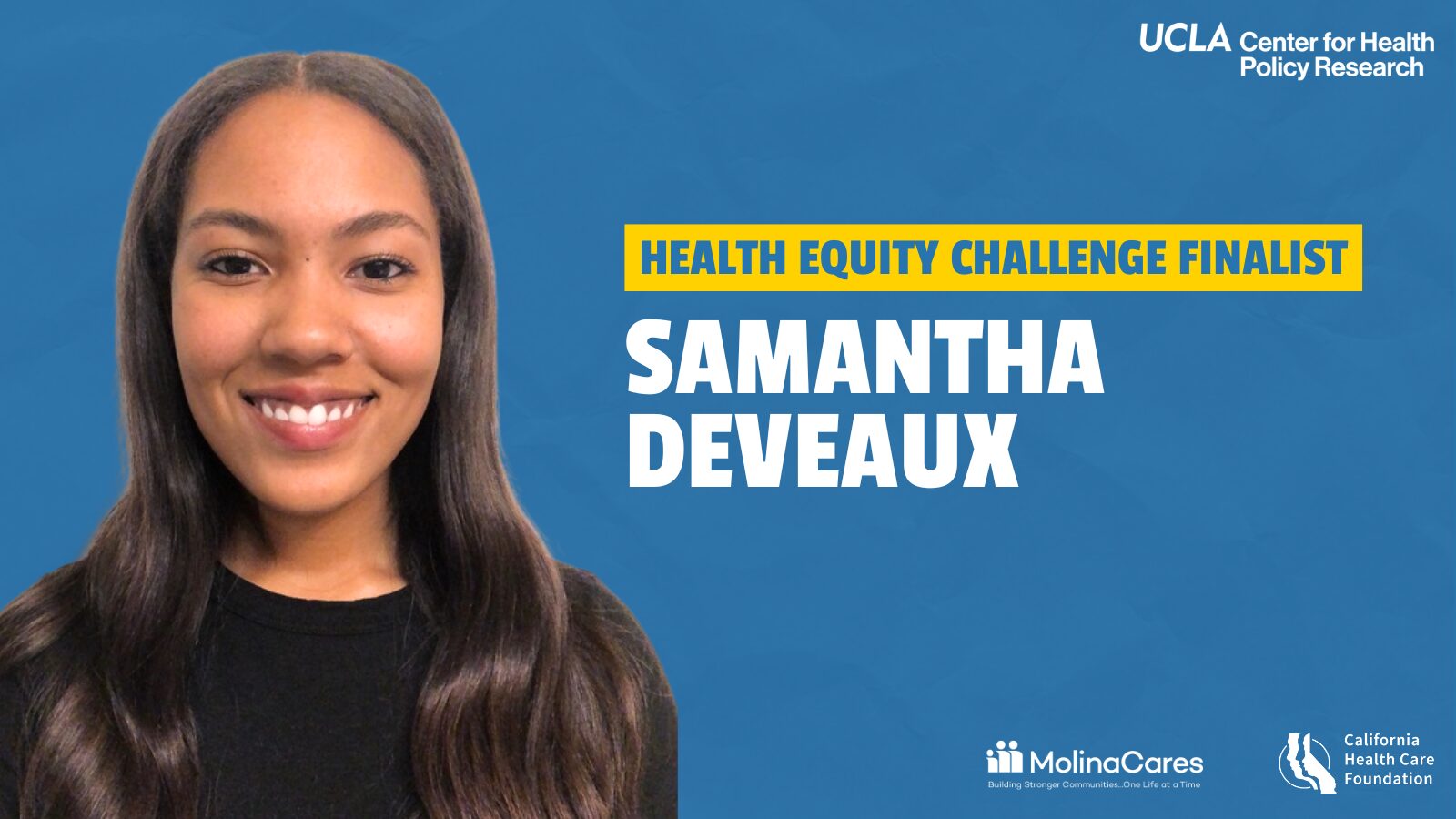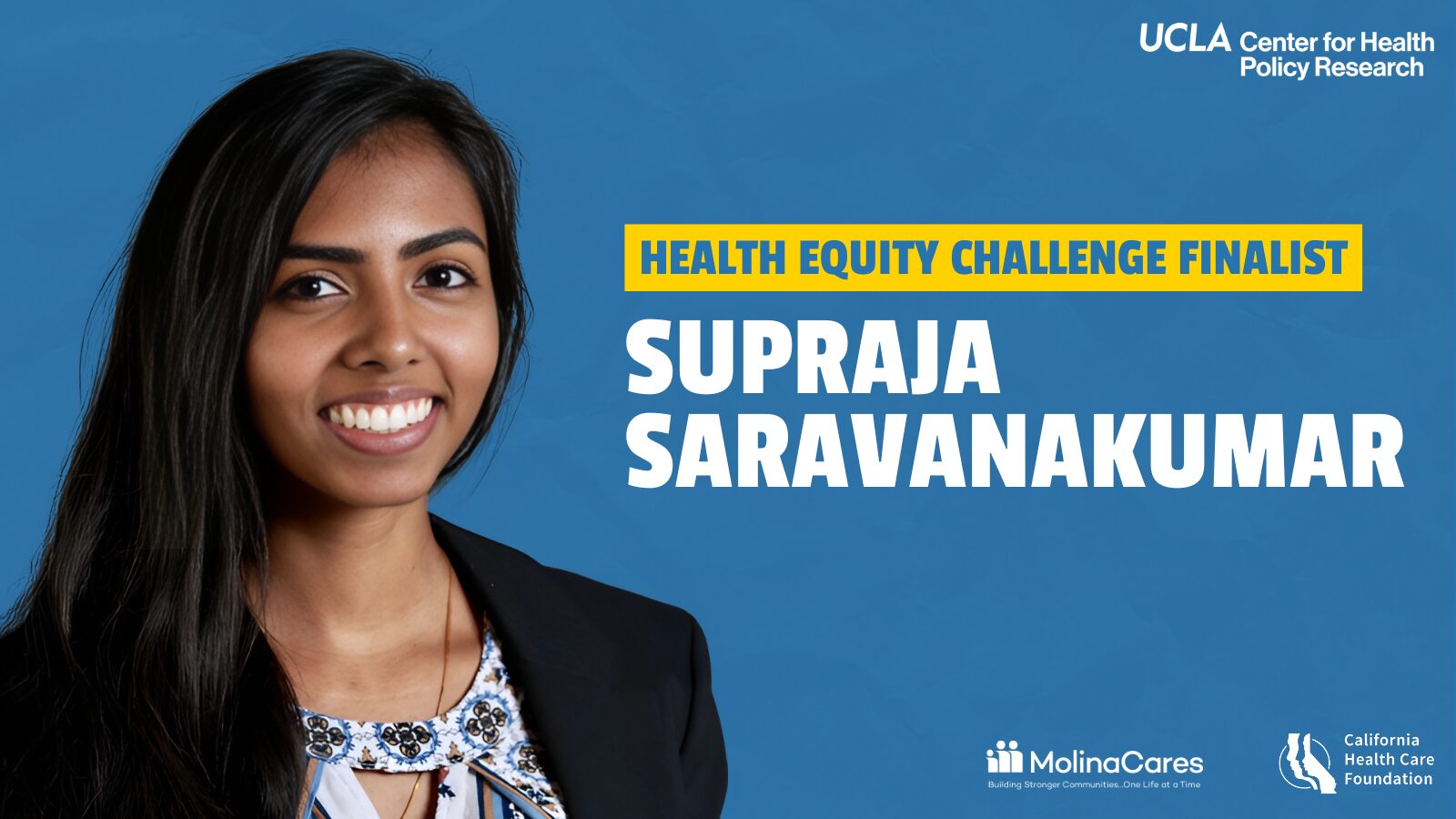
As a PhD candidate in social work, I have always been passionate about creating programs that address the needs of marginalized communities, especially for health equity and promotion for the lesbian, gay, bisexual, and transgender (LGBT) and other sexual and gender minority (SGM) communities. As an interdisciplinary researcher, my research seeks to understand the intersections between trauma, intimate partner violence (IPV), stigma, mental health, and HIV risk among LGBT and SGM communities.
I started researching IPV since I started my PhD at UCLA with my advisor, Dr. Ian Holloway, and my external research mentor, Dr. Rob Stephenson, director of the Center for Sexuality and Health Disparities and chair of the Department of Systems, Populations and Leadership at the University of Michigan School of Nursing, who is an internationally recognized researcher on IPV among gay and bisexual men. To date, we have published several manuscripts in peer-reviewed journals on addressing IPV as a syndemic — or synergistic epidemic — among the LGBT and SGM communities. Our work also involves strong and close collaborations with the Los Angeles LGBT Center (hereafter, ‘the Center’), which is my community partner for the Health Equity Challenge. The Center is a non-profit organization that provides comprehensive services to the LGBT community in Los Angeles, including medical care, mental health services, housing, and legal assistance.
The issue of intimate partner violence is one that affects individuals across all communities, but research has shown that LGBT individuals are at a higher risk of experiencing IPV than their heterosexual counterparts. For example, one in three gay men report experiencing IPV at least once in their life. Moreover, LGBT individuals may also face additional barriers to seeking help, such as lack of legal protections and stigma. The Center has been running a STOP Violence Program (SVP), which provides comprehensive services to LGBT individuals who are experiencing IPV. The program includes individual counseling, support groups, legal assistance, and advocacy services. Additionally, the program seeks to empower survivors by providing them with education about healthy relationships, self-care, and coping skills.
The Center has a long-standing history of providing comprehensive services to the LGBT community in Los Angeles. Their mission aligns with my own, and I was confident that they would be an excellent partner for this project. I have been very fortunate to have the privilege to work with the Center in the past few years on several community research projects. The faculty and staff at the Center are passionate and dedicated to serving the community, and they have been very supportive of the STOP Violence Program. The Center has provided me with access to their facilities and resources, as well as the opportunity to collaborate with their staff on the program development. For the Health Equity Challenge, over the past few months I have been working with Trevor Jann, MPH, and Emily Green, MPH, who are staff and epidemiologists at the Center.
Trevor says “I have worked with the LA LGBT Center’s STOP the Violence (SVP) program director for a few months to create the program Logic’s model and determine long-term measures for program evaluation and monitoring. After that, we want to use a novel client classification model that needs awareness. LGBTQ+ people experiencing abuse/violence deserve the best care, and this model gives them that. Long-term, this project will lay the foundation for a package-able intervention to classify properly LGBTQ+ individuals along the 4-category model so that clients can receive the best treatment to increase resilience, empowerment, and safe behavior practices.”
Emily says “all of my knowledge comes from the literature I’ve been reading for the past few months. Nevertheless, the readings support the need for a project like this, an IPV program that is tailored to the LGBTQ+ population and one that validates all of their experiences.”
“The issue of intimate partner violence is one that affects individuals across all communities, but research has shown that LGBT individuals are at a higher risk of experiencing IPV than their heterosexual counterparts. For example, one in three gay men report experiencing IPV at least once in their life. Moreover, LGBT individuals may also face additional barriers to seeking help, such as lack of legal protections and stigma.”
Going from a short pitch to a full project proposal was a process that required a lot of research and planning. I started by conducting a comprehensive needs assessment within the LGBT community to identify the specific needs of individuals who have experienced IPV. This allowed me to tailor the program to the needs of the community.
Once I had a clear understanding of the needs of the community, I developed a program logic model to guide the program design. The logic model helped me to identify the program goals, objectives, and outcomes, as well as the resources required to implement the program.
With the logic model in place, I was able to develop a comprehensive program proposal that included a detailed program description, budget, and evaluation plan. The proposal was reviewed by the Los Angeles LGBT Center staff, and with their input and feedback, I was able to refine the proposal and submit it for funding. These voices and feedback from the Center and our community partners are invaluable.
The impact of the UCLA Health Equity Challenge program on my personal and professional development has been profound. Through this program, I have had the opportunity to work with a diverse group of individuals and organizations, each with their unique perspectives and experiences. I have learned so much from my interactions with these individuals and have been inspired by their passion and commitment to promoting health equity. My mentor, Dr. Marjan Javanbakht, Professor of Public Health at UCLA, has been instrumental in helping me to refine my proposal and develop my skills as a researcher and program developer. She has provided me with guidance and support throughout the process and has been an invaluable source of feedback and encouragement.
More specifically, the program has given me the resources and support I need to develop and implement a program that has the potential to make a real difference in the lives of LGBTQ+ survivors of IPV. This work is important to me because I believe that everyone deserves access to safe and healthy relationships. IPV is a serious issue that can have lifelong consequences for survivors, and I am committed to doing what I can to address this issue within the LGBTQ+ community.

By Chenglin Hong
2023 Health Equity Challenge Finalist
Chenglin Hong, MSW, MPH, is a PhD student in Social Welfare at the UCLA Luskin School of Public Affairs. His research interests focus on reducing health disparities among sexual and gender minorities, with a particular focus on HIV prevention and sexual/mental health promotion among gay, bisexual, and other men who have sex with men. As a trained social worker, his work seeks to understand the intersections between intimate partner violence, stigma, and sexual and mental health outcomes.
continue reading
Related Posts
As many as 50% of blind high school students drop out of high school and COVID only exacerbated this problem.
Coming from a low-income community of color, I personally witnessed how generations of systemic racism and economic corruption have led to a powerful mistrust in the health care system.
Postpartum depression (PPD) is a silent struggle for many new mothers, but for South Asian women, cultural stigmas and generational pressures often exacerbate this already challenging condition. As a woman of color and a first-generation college graduate, I have walked a path shaped by the nuances of both my cultural heritage and my academic pursuits.



